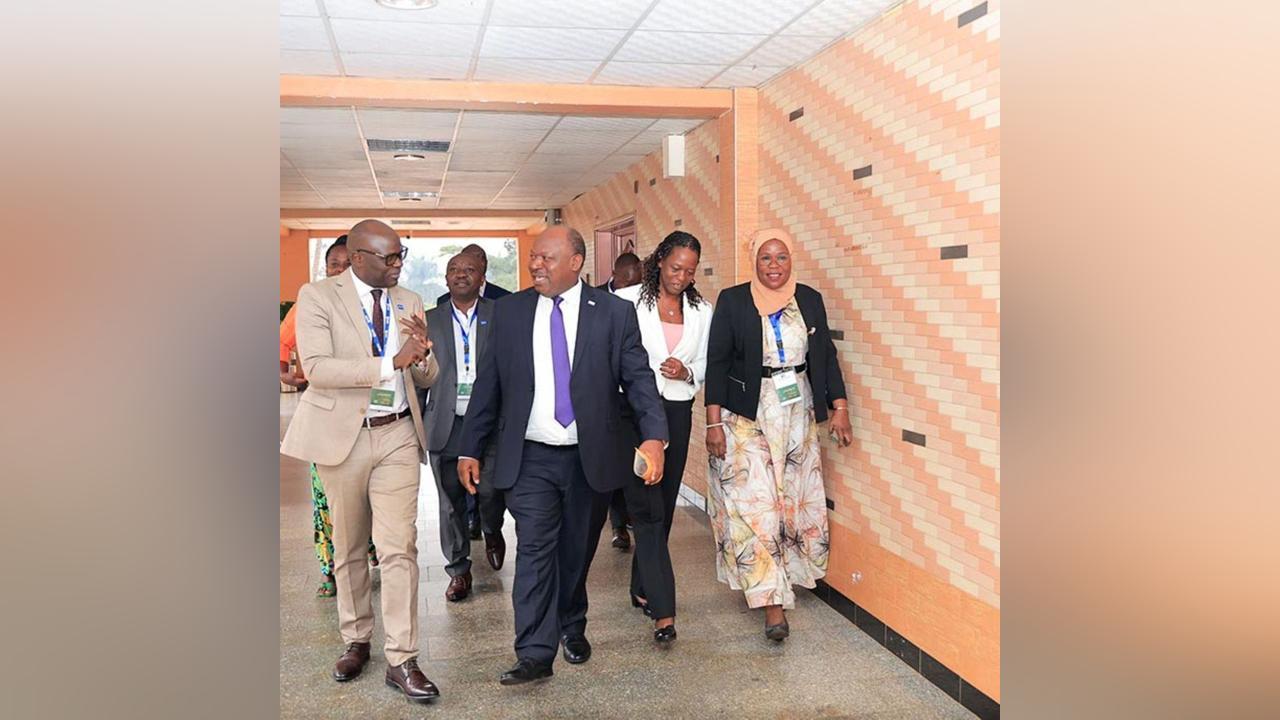Africa-Press – Uganda. Uganda’s procurement sector, which accounts for over 60 percent of the national budget, is poised for significant transformation under the proposed Procurement and Professional Bill, set to be tabled in Parliament this year.
The bill aims to professionalise procurement by introducing mandatory practicing certificates for procurement officers, making them directly accountable to the law and their professional body.
The reform will establish a formal licensing system akin to those for lawyers and engineers, with sanctions including suspension or removal for malpractice. This, experts say, will boost transparency and accountability in managing public funds.
Levi Kagambe, Chairperson of the Institute of Procurement Professionals of Uganda (IPPU), described the bill as a pivotal step for the country.
“This law will not only bridge supply chain gaps but also safeguard communities and ensure that public funds deliver real value to Ugandans,” Kagambe said during the 9th Annual Procurement Summit held in Kampala on Friday.
Uganda has already begun modernizing procurement through the rollout of the electronic government procurement (e-GP) system in 2023. Kagambe highlighted that e-GP has drastically reduced transaction costs from as high as 25 percent to below 3 percent and curtailed corruption loopholes.
“While there has been resistance to change, particularly in adapting to new technologies and mindsets, the e-GP system is streamlining processes and building public trust,” he added.
Kagambe also emphasized that procurement must go beyond efficiency to include sustainability and resilience, incorporating environmental safeguards such as tree planting and waste management, alongside social protections like eradicating child labor and promoting community health.
Echoing this, Richard Byarugaba, the Executive Director in charge of Finance at the Bank of Uganda, called on procurement professionals to embed sustainability, innovation, and resilience into their work to strengthen supply chains and support national development.
“The Bank of Uganda’s 2020–2027 strategic plan models best practices through digitization, integrating ESG principles, data-driven risk management, and transparency via integrated reporting,” Byarugaba explained.
He noted that global disruptions — from trade wars to artificial intelligence — require procurement experts to be adaptable and forward-thinking.
Experts at the summit stressed that procurement officers must develop skills beyond technical knowledge, including economics, law, digital literacy in AI and blockchain, negotiation, diplomacy, and ethics to handle complex supply chains effectively.
Alosyious Byarugaba, Director of Performance Monitoring at the Public Procurement and Disposal of Public Assets Authority (PPDA), underscored the necessity of embedding sustainability at the heart of procurement.
“Every procurement should focus on sustainability and incorporate environmental costs to build resilient supply chains,” he said.
If passed, the Procurement and Professional Bill will formally recognize procurement as a profession in Uganda for the first time, aligning with Uganda’s Vision 2040, the National Development Plan IV, and the United Nations Sustainable Development Goals (SDGs).
These sweeping reforms are expected to usher in a new era of accountability, efficiency, and sustainability in the management of Uganda’s public resources.
For More News And Analysis About Uganda Follow Africa-Press






